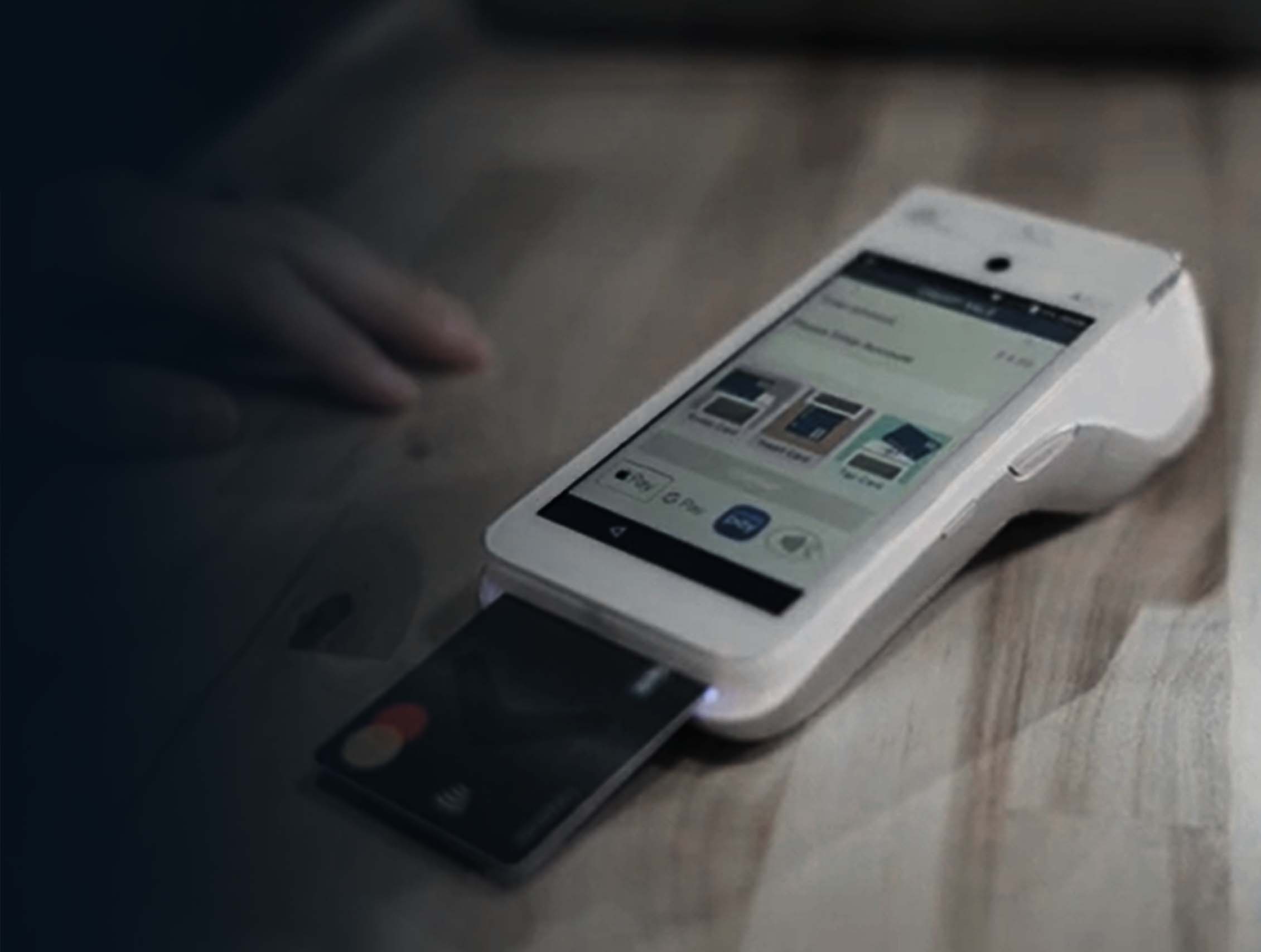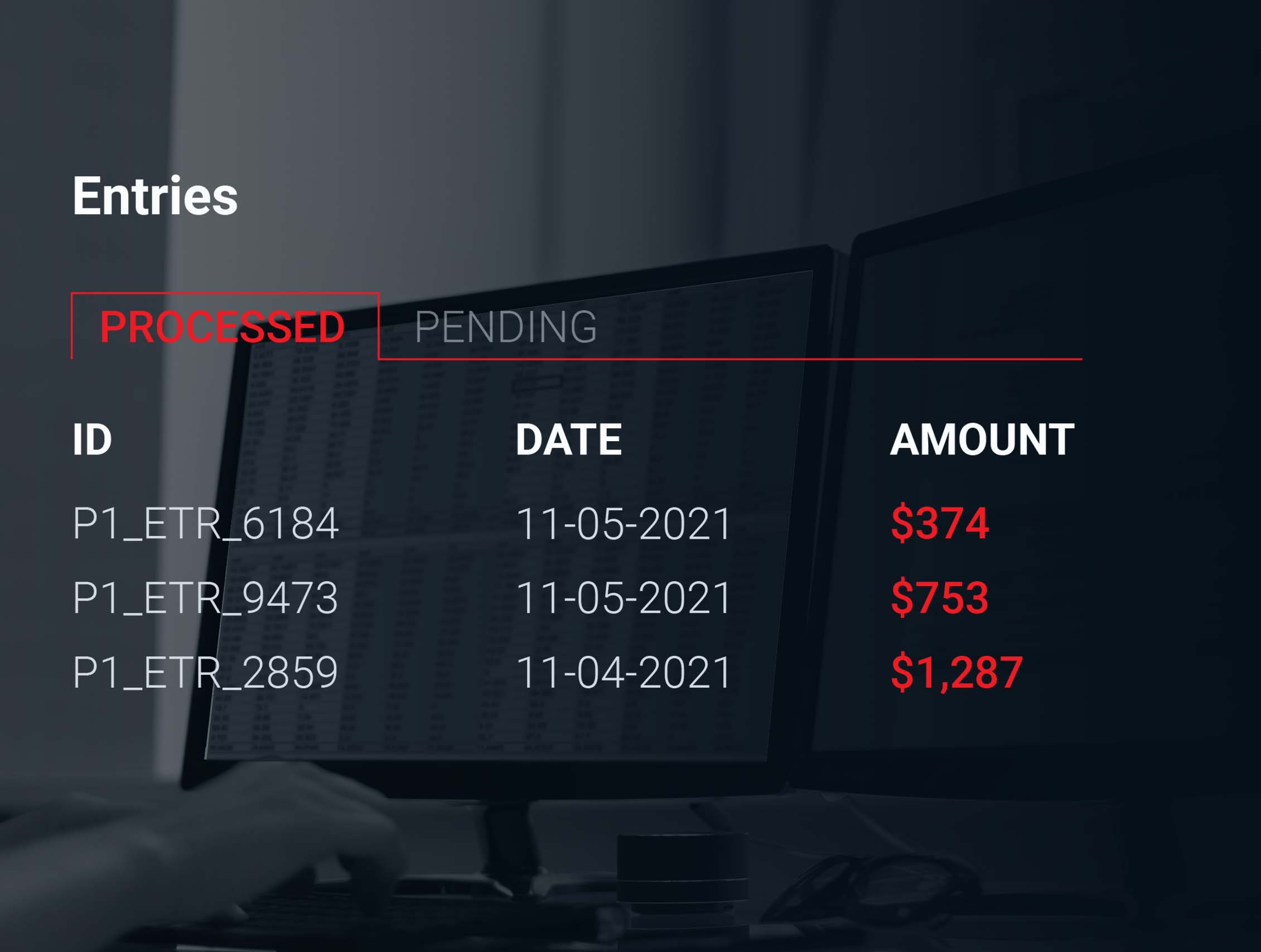
Products
Solutions
Resources
Pricing
Refer a Shop
Features
Estimates & Invoices
Easily send estimates to customers and receive electronic approvals before starting work.
Service Order Workflow
Receive repair requests and generate service orders quickly and efficiently.
Inventory Management
Manage parts across multiple locations and order from vendors.
Reporting
Get complete visibility on all aspects of your shop.
Customer Communication
Send automated notifications and updates to customers and technicians.
Text Alerts
Send automated notifications and updates to customers and technicians.
2-Way Texting
Turbocharge your communication by sending, receiving and managing customer text messages in Fullbay.
Onboarding, Support, & Training
There’s all kinds of ways to learn how to use Fullbay! Our support services are completely free.
Integrations
Integrations & Services
Fullbay integrates seamlessly with other industry tools.
Integrated Accounting
Reduce administrative overhead with automated bookkeeping that syncs with accounting programs.
MOTOR
Confidently tackle repairs with the world’s largest parts cross-reference, labor times, wiring diagrams, and more.
Products
Fullbay Connect
Access premium integrations and features to make life easier for everyone in the shop.
Fullbay Marketplace
Parts ordering made easy: save time and money while increasing productivity.
Fullbay Payments
Accept and process credit cards and ACH payments with next-day funding, and more.
WHO WE CAN HELP
Fleet Maintenance
Management Software
Shop Software
Maintenance Software
Repair Software
Repair Shop Software
Equipment Repair Software
Management Software
Maximize efficiency and extent the life span of every asset in your fleet.
Diesel Truck Repair Shop Software
Provide the fast, reliable service that customers want — with more profit and less headache.
Construction Fleet Maintenance Software
Keep the worksite safe and efficient with maintenance software built for construction equipment.
Heavy Equipment Repair Software
Boost efficiency in your heavy equipment repair shop with fast, flexible software.
RV Repair Shop Software
Make sure every RV driver can explore the road with a safe, reliable vehicle.
Tow Truck Repair Software
Help your shop efficiently dispatch tow trucks, track repairs, and more.
Fire Truck and Ambulance Repair Shop Software
Provide consistent, dependable repairs and maintenance that first responders can rely on.
Mobile Truck Repair Software
Streamline your heavy-duty operation — even when the team is miles apart.
Agriculture and Farming Equipment Repair Software
Provide the fast, reliable service that farmers need to keep their equipment working.
About Us
Our Story
Company Values
Fullbay Cares
Leadership Team
Join the Fullbay Team
All About The Grilles Shop
Tools
ROI Calculator
Free tool: How profitable is YOUR shop?
VIN Decoder
Check out the background of any truck.
Parts Markup Tool
Determine your ideal gross profit and markup percentage
Featured Resources
Industry Report
The definitive report on the commercial vehicle repair industry.
Webinar
Catch up on Season 1 or watch the newest episodes of our hit series Shop Owner Roundtable
DC24 Replays
The 2024 Diesel Connect session replays are now available. Catch up before the 2025 event!





